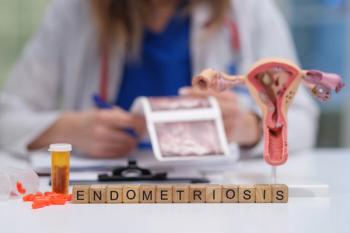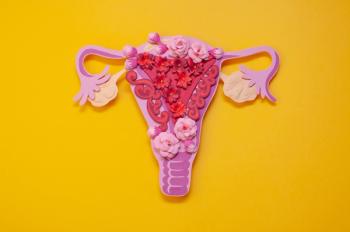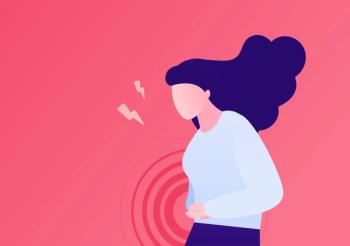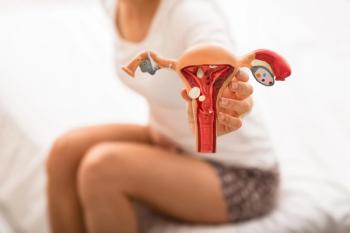
April Christina’s endometriosis journey: Diagnosis delays, treatment, and support
Diagnosed with endometriosis after years of debilitating symptoms, April Christina shares her experience with treatment, multidisciplinary care, and the emotional toll of infertility.
In a recent video with Contemporary OB/GYN, endometriosis patient April Christina shared her journey with endometriosis, a condition that significantly impacted her quality of life from a young age.
She recalled experiencing severe menstrual pain, nausea, and vomiting as early as 9 years old, which made it difficult for her to understand and manage her symptoms. It took many years before she received an official diagnosis of endometriosis. In her late 20s, she underwent her first excision surgery after previously having an exploratory laparoscopy in her early 20s, which confirmed the condition.
April Christina noted that while clinical guidelines suggest diagnosis can take between 8 and 10 years, her own journey was even longer. However, finally receiving a diagnosis brought a sense of relief, as it validated the symptoms she had been struggling with for so long. In discussing how she manages her condition, April Christina emphasized the importance of a strong, multidisciplinary care team. She highlighted the role of various health care professionals, including nurses, physicians, and administrative staff, in helping her coordinate and receive effective treatment. She also mentions that, because of the complexity of her symptoms, she was evaluated by multiple specialists, including a pulmonologist, to rule out complications such as blood clots.
According to April Christina, one of the most valuable aspects of her care experience was that all of her physicians were within the same facility, allowing for better communication and collaboration in managing her treatment plan. April Christina also discussed the emotional and mental challenges that come with endometriosis, particularly in relation to infertility. She expressed appreciation for the support of a
Overall, April Christina’s story highlights the long and often difficult journey to an endometriosis diagnosis, the necessity of a well-coordinated care team, and the importance of emotional support in managing both the physical and mental aspects of the condition. Her experience underscores the need for greater awareness and education about endometriosis to ensure earlier diagnosis and better patient care.
This video is part 1 of a 3-part series. Click
Newsletter
Get the latest clinical updates, case studies, and expert commentary in obstetric and gynecologic care. Sign up now to stay informed.









